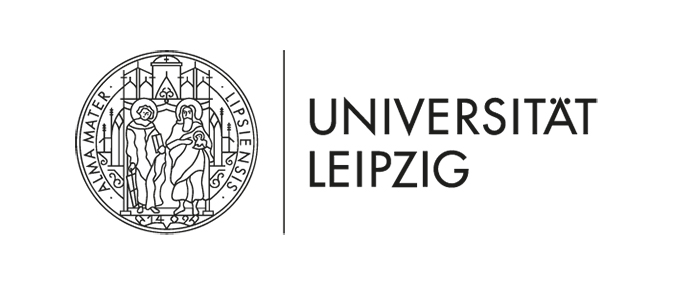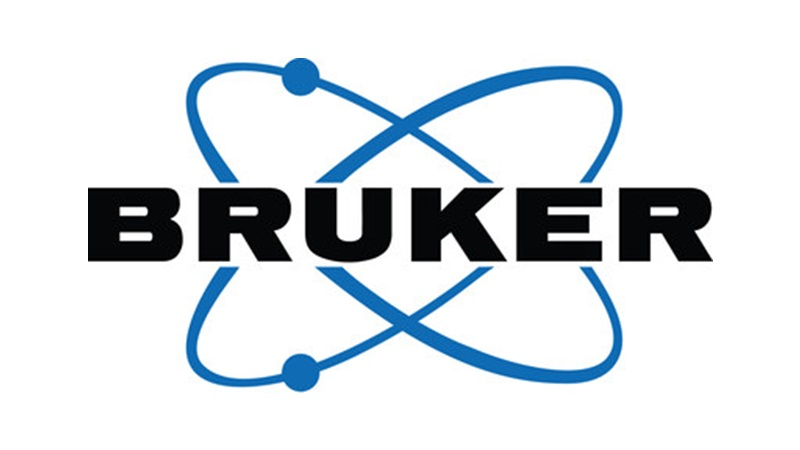|
14th Annual Symposium Physics of Cancer Leipzig, Germany Oct. 4 - 6, 2023 |
PoC - Physics of Cancer - Annual Symposium |
|
|
Invited Talk
Epithelial-mesenchymal transition and its influence on actin-cytoskeletal regulation and cell proliferation
TU Dresden, Excellence Cluster POL, Mechancis of Active Biomaterials, Arnoldstrasse 18, 01307 Dresden, Germany
Contact: | Website
Epithelial-mesenchymal transition (EMT) is a key cellular transformation for many physiological and pathological processes ranging from cancer over wound healing to embryogenesis. Changes in cell migration, cell morphology and cellular contractility were identified as hallmarks of EMT. These cellular properties are known to be tightly regulated by the actin cytoskeleton.
EMT-induced changes of actin-cytoskeletal regulation were demonstrated by previous reports of cell-cycle-dependent changes of actin cortex mechanics in conjunction with characteristic modifications of cortex-associated f-actin and myosin. However, at the current state, the changes of upstream actomyosin signalling that lead to corresponding mechanical and compositional changes of the cortex are not well understood. In this work, we show in breast epithelial cancer cells MCF-7 that EMT results in characteristic changes of the cortical signalling of Rho-GTPases Rac1, RhoA and RhoC and downstream actin regulators cofilin, mDia1 and Arp2/3. In the light of our findings, we propose that EMT-induced changes in cortical mechanics rely on two hitherto unappreciated signalling paths - i) an interaction between Rac1 and RhoC and ii) an inhibitory effect of Arp2/3 activity on cortical association of myosin II. |









